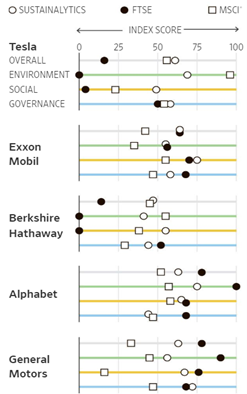
by Salman Ahmed
In a previous blog we looked at the three main branches of responsible investing – ESG integration, SRI, and impact investing. All Steadyhand funds fall under ESG integration. This approach helps our managers make better decisions, reconciles with our investment philosophy and provides the flexibility to deal with situations without clear-cut answers.
All our managers pride themselves on their research capabilities. We’ve selected them for their ability to conduct thorough analysis on a business; and businesses evolve overtime. They encounter different opportunities over the years and face changing risks.
Top-tier managers use a research process that permits them to address these dynamics. Fifteen years ago, investors didn’t look closely at data privacy practices at banks. Today, it’s a major consideration. Investors have also had to pay closer attention to supply chain disruption with the expansion of globalization.
Both situations are examples of responsible investing through ESG integration. This approach allows investment managers to focus on issues most likely to impact the financial performance of a company. Contrary to what some might think, responsible investing isn’t limited to environmental issues. Indeed, in the case of a bank or an industrial manufacturer, social and governance issues are more relevant.
Just like other characteristics that can drive opportunities and risks, those stemming from ESG rarely have a clear-cut answer. Even the top three ESG research providers disagree on how companies rank, as you can see in the chart below.

Source: The Wall Street Journal
Our managers reach their own conclusions on how ESG issues impact their investment ideas. They might conclude that a bank’s poor data privacy infrastructure present too high a risk. Or that the return potential more than compensates for a fallout from a potential data breach. In either case, the relevant ESG issue – data privacy in this case – is one of a number of factors they consider before making their decision.
Incorporating responsible investing this way fits nicely with a tenet of our investment philosophy – invest for the long-term. To be comfortable holding a company for years, our managers try to dig up as much information on it as they can. Including ESG in their analysis gives them another lens to look through. In the bank example, our managers might factor in additional future expenses banks might incur to keep their technology secure and to comply with increasing privacy regulations.
Including an assessment of material ESG issues improves the research process. It ensures managers are looking at those company-specific opportunities and risks that might impact its returns. Doing this isn’t just responsible investing; it’s good investment management.
We're not a bank.
Which means we don't have to communicate like one (phew!). Sign up for our blog to get the straight goods on investing.

